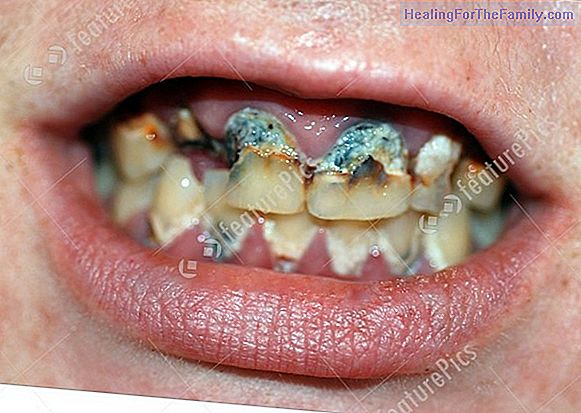Benefits of prolonged breastfeeding for babies
Breast milk is the best food for the baby. It is prepared to cover all your nutritional needs from birth and, according to the WHO, it is the only food that the baby should receive until 6 months of age. But breast milk does not contain only nutrients, and breastfeeding is not just feeding the baby,
Breast milk is the best food for the baby. It is prepared to cover all your nutritional needs from birth and, according to the WHO, it is the only food that the baby should receive until 6 months of age. But breast milk does not contain only nutrients, and breastfeeding is not just feeding the baby, but covering, in addition, their emotional and emotional needs and help the development of their immune system.
After 6 months, the baby is ready to get to know other foods, flavors and textures, so it starts with complementary feeding, what happens then with breastfeeding?
What is prolonged breastfeeding

Breast milk should continue to be the basis of feeding at least until one year of age, covering the vast majority of the baby's nutritional needs, while the rest of the food only complements it and not the other way around But, how long to continue breastfeeding?
The WHO is clear about this, breastfeeding should be prolonged at least until 2 years, and from there, until the mother-baby tandem decides it.
As mammals that we are, our digestive system is prepared to digest breast milk, but that should be the only milk we take and, after natural weaning, no milk from another animal is, nutritionally speaking, necessary. It is true that milk contains considerable amounts of calcium, also vitamin D, and that it is an attractive and easy-to-swallow energy source, since a glass of 200ml whole milk provides about 125 kcal. However, none of this makes it essential in the infant or adult diet, since the micronutrients that it provides can be obtained easily from other sources.
6 great benefits of prolonged breastfeeding
Breast milk, however, has other benefits. Although its energy contribution, even after the establishment of complementary food, is considerable, this is not its main attraction. Breast milk provides, among others, from birth to weaning, whatever the age at which it occurs:
1. A wide range of micronutrients (vitamins and minerals).
2.Protein of the highest biological value.
3.Enzymes and other cofactors involved in important reactions in the body, many of them in the brain.
4.Bacteria that help maintain the intestinal microflora.
5.Antibodies, immunoglobulins and other immunological protection factors. The immune system of a newborn is obviously much less developed than that of a baby of 6 months and this in turn less than that of a baby of 2 years, but breast milk, being a living product, provides immunological protection required at each moment. Specifically, when coming into contact with a new antigen (virus or bacteria), the first antibodies appear approximately at 4-5h in breast milk, adding to those that the baby produces, thus increasing their defenses.
6.Extra protection also involves the bacterial load present, which originates from the maternal gastrointestinal tract, and which, on the one hand, stimulates the immune system to ensure optimal development, and on the other competes with possible pathogens with which The baby can be in contact.
Far from becoming magically water, as women who breastfeed after 6 months often listen, breast milk is still the best milk that the baby or child can receive, and breastfeeding is still food and comfort as it was the first day.












